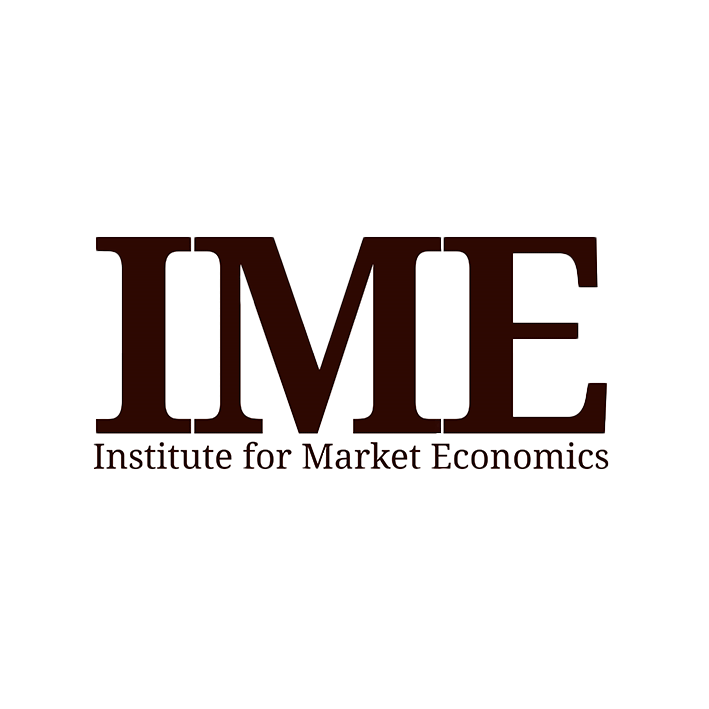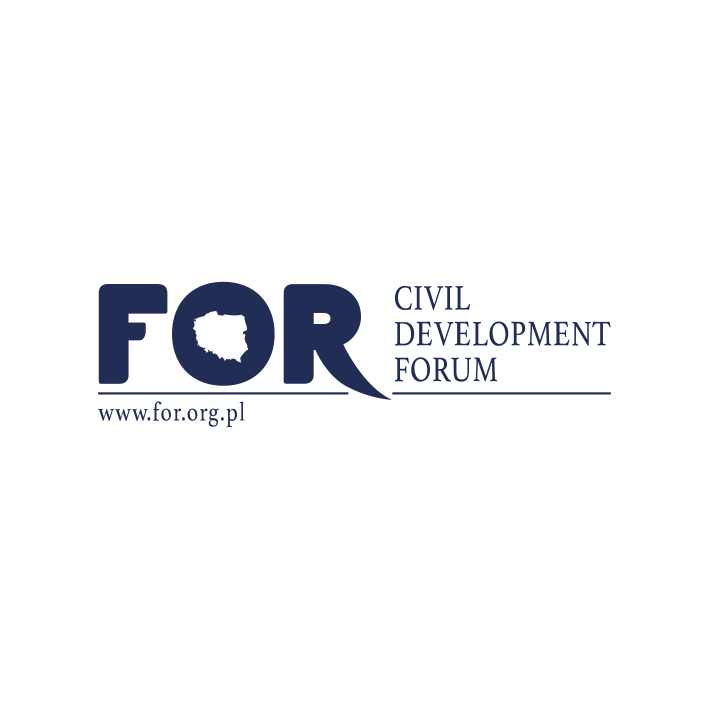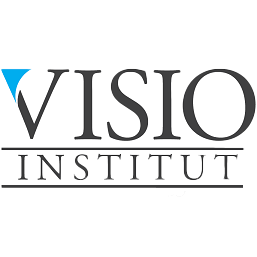Slovenia has endured several years of creeping authoritarianism in the field of lifestyle regulation, and it is now firmly in the top half of the table. Since passing the Restriction of the Use of Tobacco and Related Products Act in February 2017, the government has gone all-in on anti-smoking policies and now has a plain packaging mandate (introduced in January 2020), a total ban on tobacco advertising, a display ban, and a licensing regime for retailers.
Cigarette vending machines are banned nationwide, and it is illegal to ‘show and use tobacco, tobacco products, and related products on television and in public performances intended for persons younger than 18’. However, Slovenia has stopped short of introducing the kind of draconian smoking ban that is common in Anglo- Saxon countries. It allows designated smoking rooms of up to 20 per cent of the surface area of the premises, although patrons cannot bring food or drink into them.
Since March 2017, e-cigarettes have been regulated as tobacco products. This means that vaping is banned wherever smoking is banned, and cross-border sales of e-cigarette products are illegal. E-cigarette advertising is also subject to a tobacco-style ban. A €0.18 per ml tax on e-cigarette fluid was introduced in April 2016 with the explicit aim of discouraging smokers from switching to vaping. This has since been raised to €0.19 per ml and nicotine-free fluids are taxed at €0.09 per ml.
Slovenia has entirely banned advertising for alcoholic drinks that are above 15 per cent ABV. Commercials for beer and wine, if below 15 per cent, can be broadcast on TV and radio between 9.30 PM and 7 AM and in cinemas after 10 PM. No advertising of alcoholic products is permitted on billboards within 300 m of a school or kindergarten. Beer duty is very high after adjusting for income, but there is no wine duty, and taxes on spirits are relatively low. Bars and restaurants can close when they like.
The government has passed little legislation under the pretext of obesity prevention although food vending machines are banned in schools. There is no sugar tax and no significant restrictions on food marketing.
About
The Nanny State Index (NSI) is a league table of the worst places in Europe to eat, drink, smoke and vape. The initiative was launched in March 2016 and was a media hit right across Europe. It is masterminded and led by IEA’s Christopher Snowdon with partners from all over Europe.
Enquiries: info@epicenternetwork.eu
Download Publication
Previous versions: 2021, 2019, 2017
Categories
About the Editor
Christopher Snowdon is the head of Lifestyle Economics at the Institute of Economic Affairs. His research focuses on lifestyle freedoms, prohibition and policy-based evidence. He is a regular contributor to the Spectator, Telegraph and Spiked and often appears on TV and radio discussing social and economic issues.
Snowdon’s work encompasses a diverse range of topics including ‘sin taxes’, state funding of charities, happiness economics, ‘public health’ regulation, gambling and the black market. Recent publications include ‘Drinking, Fast and Slow’, ‘The Proof of the Pudding: Denmark’s Fat Tax Fiasco’, ‘A Safer Bet’, and ‘You Had One Job’. He is also the author of ‘Killjoys’ (2017), ‘Selfishness, Greed and Capitalism’ (2015), ‘The Art of Suppression’ (2011), ‘The Spirit Level Delusion’ (2010), ‘Velvet Glove, Iron Fist’ (2009).
Slovenia 2023
Slovenia has endured several years of creeping authoritarianism in the field of lifestyle regulation, and it is now firmly in the top half of the table. Since passing the Restriction of the Use of Tobacco and Related Products Act in February 2017, the government has gone all-in on anti-smoking policies and now has a plain packaging mandate (introduced in January 2020), a total ban on tobacco advertising, a display ban, and a licensing regime for retailers.
Cigarette vending machines are banned nationwide, and it is illegal to ‘show and use tobacco, tobacco products, and related products on television and in public performances intended for persons younger than 18’. However, Slovenia has stopped short of introducing the kind of draconian smoking ban that is common in Anglo- Saxon countries. It allows designated smoking rooms of up to 20 per cent of the surface area of the premises, although patrons cannot bring food or drink into them.
Since March 2017, e-cigarettes have been regulated as tobacco products. This means that vaping is banned wherever smoking is banned, and cross-border sales of e-cigarette products are illegal. E-cigarette advertising is also subject to a tobacco-style ban. A €0.18 per ml tax on e-cigarette fluid was introduced in April 2016 with the explicit aim of discouraging smokers from switching to vaping. This has since been raised to €0.19 per ml and nicotine-free fluids are taxed at €0.09 per ml.
Slovenia has entirely banned advertising for alcoholic drinks that are above 15 per cent ABV. Commercials for beer and wine, if below 15 per cent, can be broadcast on TV and radio between 9.30 PM and 7 AM and in cinemas after 10 PM. No advertising of alcoholic products is permitted on billboards within 300 m of a school or kindergarten. Beer duty is very high after adjusting for income, but there is no wine duty, and taxes on spirits are relatively low. Bars and restaurants can close when they like.
The government has passed little legislation under the pretext of obesity prevention although food vending machines are banned in schools. There is no sugar tax and no significant restrictions on food marketing.
 Austria
Austria Belgium
Belgium Bulgaria
Bulgaria Croatia
Croatia Cyprus
Cyprus Czech Republic
Czech Republic Denmark
Denmark Estonia
Estonia Finland
Finland France
France Germany
Germany Greece
Greece Hungary
Hungary Ireland
Ireland Italy
Italy Latvia
Latvia Lithuania
Lithuania Luxembourg
Luxembourg Malta
Malta Netherlands
Netherlands Norway
Norway Poland
Poland Portugal
Portugal Romania
Romania Slovakia
Slovakia Slovenia
Slovenia Spain
Spain Sweden
Sweden Turkey
Turkey United Kingdom
United Kingdom


















